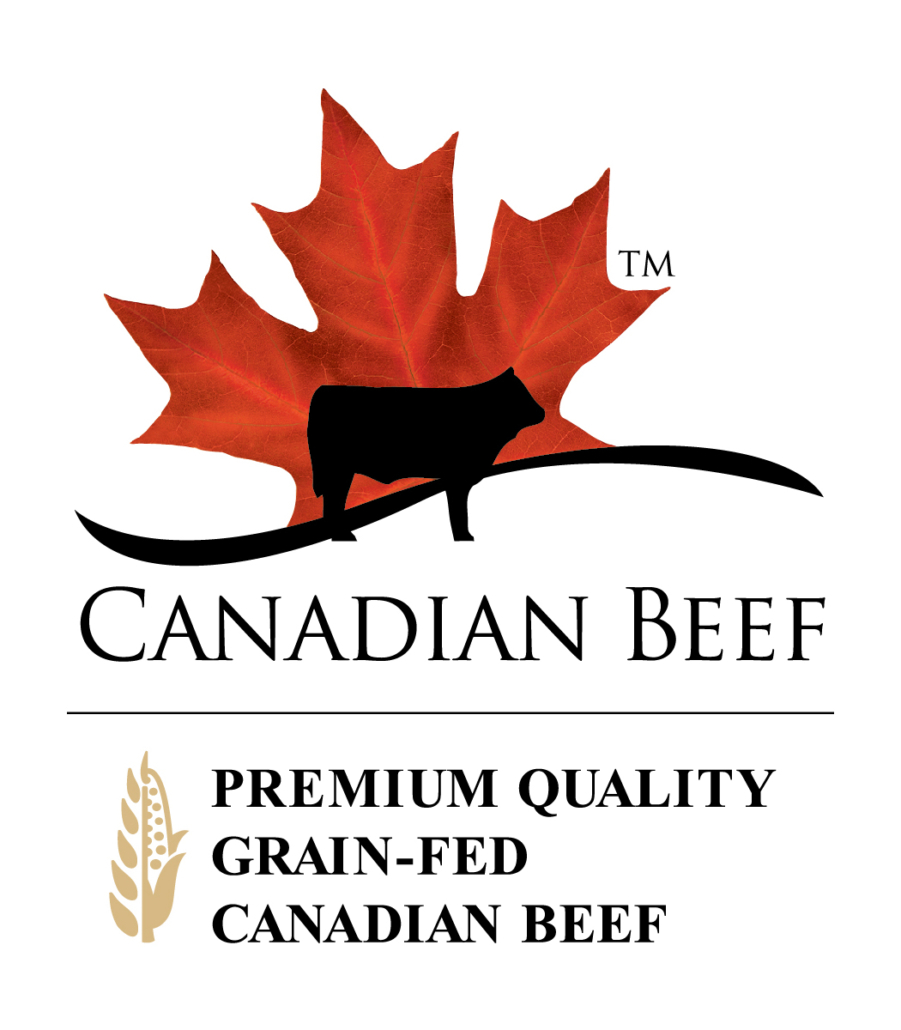WTO panel to arbitrate COOL dispute
Ag committee chair says COOL repeal «the surest way» to protect U.S. industries
Posted Jun. 25th, 2015
U.S. Senator Debbie Stabenow, shown here in Michigan in 2011, proposes a voluntary COOL system for beef and pork, while keeping mandatory COOL for lamb and other covered goods. (Stabenow.senate.gov via Flickr)
Considering a repeal for a meat label law ruled offside by world trade regulators, members of the U.S. Senate’s ag committee are also asking aloud if a voluntary label law for beef and pork would do.
At the agriculture committee’s hearings Thursday in Washington, D.C., chairman Pat Roberts told senators trade retaliation from Canada and Mexico for the U.S. government’s country-of-origin labelling (COOL) law “is fast approaching and the responsibility sits squarely on our shoulders to avoid it.”
Products including beef, pork, cherries, ethanol, wine, orange juice, jewelry, mattresses and furniture are “just some of the targets” on Canada’s last for retaliatory tariffs, said Roberts, a Republican representing Kansas.
“Mexico has yet to finalize their list, but we expect it to be just as damaging,” he said. “The U.S. economy cannot tolerate such economic injury.”
Roberts listed off the World Trade Organization’s multiple rulings against COOL, which next goes to an WTO arbitration hearing requested by U.S. officials, ahead of Canada’s and Mexico’s requests to the WTO for authority to retaliate.
The WTO’s dispute settlement bodies have ruled the labeling law violates Washington’s trade obligations by forcing U.S. packers and processors to discriminate against imported meat and livestock on price — or to stop taking imports entirely — rather than eat all the costs of tracking and segregating imported livestock and meat.
“It doesn’t matter if you’re pro-COOL or anti-COOL, you cannot ignore the fact that retaliation is imminent and we must avoid it,” Roberts said, citing letters from Canadian and Mexican officials calling for full repeal of the U.S. COOL law.
Repeal of mandatory COOL, a move already approved by the U.S. House of Representatives earlier this month, “is the surest way to protect the U.S. economy,” he said.
However, the committee’s ranking Democrat, Michigan’s Debbie Stabenow, on Thursday proposed a new COOL system, making country-of-origin labelling “completely voluntary” for beef and pork products sold in the U.S.
Stabenow tabled a “discussion draft” of proposed amendments to the U.S. federal Agricultural Marketing Act, which she “hope(s) can be the basis for a bipartisan solution that can move quickly through the Senate and House.”
Her draft calls for “removal of beef and pork from the mandatory labeling provisions deemed non-compliant by the WTO,” and establishing a voluntary “Product of U.S.” label for beef and pork, “very similar to the voluntary Canadian label.”
Stabenow’s proposal would, however, keep mandatory COOL language in place for other affected products.
Specifically, her draft amendment to the Act calls only for “striking ‘beef, lamb, pork,’ each place it appears and inserting ‘lamb.’”
Stabenow, in her presentation Thursday, also warned that inaction from the Senate on COOL “is not an option… not when the threat of retaliation is hanging over American agriculture and manufacturing.”
COOL supporters and opponents, she said, have been “dug in for a long time on this issue. And that entrenchment has not produced a path forward.”
Roberts, speaking to the committee, had criticism also for the current COOL law.
While Congress, U.S. Department of Agriculture regulators and affected industries “have put in endless effort over the past three decades to make mandatory COOL viable… that objective has not been reached and has cost the U.S. billions of dollars,” he said.
Roberts cited a Kansas State University review of mandatory COOL, which found it has already cost the state’s industries US$500 million. He also cited USDA’s estimate that COOL has so far cost the U.S. beef, pork and chicken sectors about US$1.8 billion.
“Furthermore, there have been no measurable increases in consumer demand to offset the losses inflicted on the livestock and meat sectors,” Roberts said.
Those costs, he said, “are in addition to the strain this policy has put on our relationships with two of our closest trading partners.”
Stabenow, whose home state borders Ontario, added in her presentation that she “know(s) firsthand the vital importance of protecting our North American trade relationships.” — AGCanada.com Network





